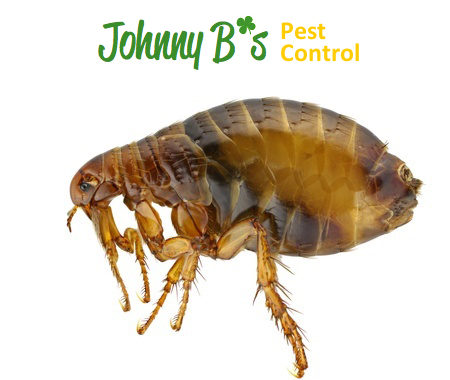There are hundreds of flea species in the US, but only a handful of them will be found in home infestations.
The most common house fleas include:
- Cat fleas – this is the most common flea that will target humans, cats, dogs and wild animals.
- Dog fleas – The dog flea will target the same hosts as the cat flea, but it is less common.
- Human fleas – These fleas will target mostly humans and pigs.
- Chigoe fleas – Also known as sand fleas, these pests are usually found near tropical beaches.
- Sticktight fleas – A flea species that mostly targets poultry, squirrels and flying birds.
- Rat fleas – These fleas can be very dangerous because of the diseases that they spread, and they mostly target Norway and roof rats.
Different flea species will spread different diseases, and they may trigger allergic reactions.
The most common flea species in home infestations
Out of all the flea species out there, the cat flea is the most common in home infestations. This is because the cat flea can feed on almost anything, from people, dogs and cats to racoons, foxes, opossums and a variety of rodents. Unlike most other flea species, the cat flea will stay on the host after feeding, mating and laying its eggs, but the eggs will drop on the ground, where the larvae will be spawned, feed and grow until they reach maturity.
How are fleas controlled
Because flea eggs will often fall onto bedding, carpets and other textile materials, flea infestations can begin very quickly in the home, and it may seem like a good idea to just use a vacuum to clean up all the eggs and larvae. However, if the larvae manage to hatch from their eggs, they will embed themselves deep into the fibers of the textile materials, and vacuuming will not be enough to remove them.
This is why flea infestations can be so hard to get rid of, but if you work with a pest control pro, he will treat the infested textile materials with insecticides that specifically target fleas and which are safe for humans and animals. It’s important to work with a pro when dealing with these pests, because an incomplete removal will often lead to reinfestation.
If you have any questions about the control methods that will be used against fleas, or if you have a flea infestation on your property, contact us today.

